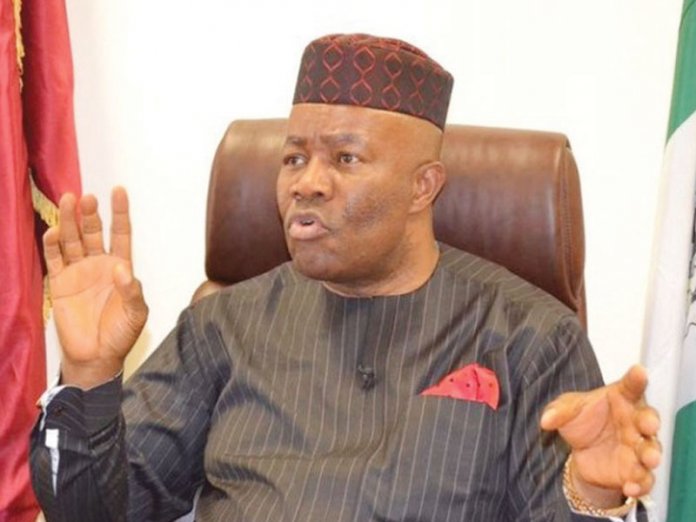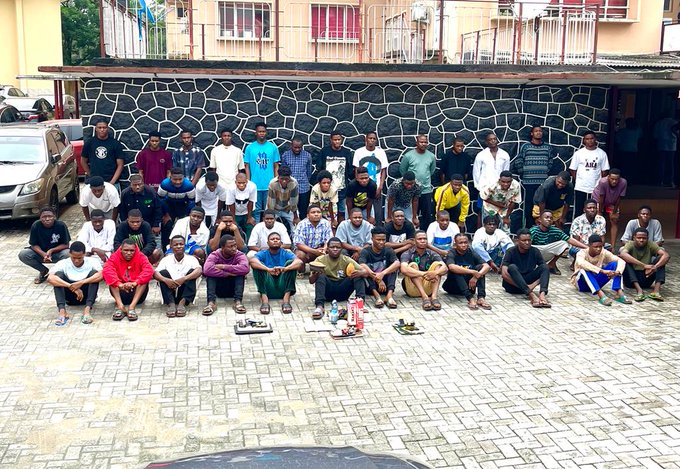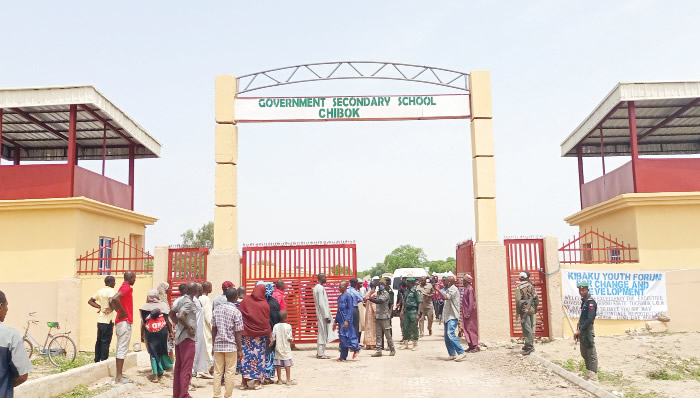The Delta State Government on Monday gave detailed explanation of how it expended the N33.4 billion it received as its share of the Paris Club refund from the Federal Government.
Commissioner for Finance, David Edevbie, gave the explanation in Asaba at a post-budget media briefing to highlight the breakdown of N298.078 billion budget proposal for 2018 fiscal year.
He said the refund, which was received last August, was put to judicious use towards meeting urgent priorities of the state government with regards to salaries and capital expenditures.
“We got a total of N33.4 billion from the Paris Club refund and like you know, the money which has accumulated since 1995 was returned to us without interest,” the commissioner said.
“Out of this amount, the sum of N7 billion belonged to the local government areas and we subsequently transferred it to the LGAs.
“Out of the balance, we spent N12.6 billion on salaries and pensions, while the sum of N14 billion was expended on capital projects execution.”
Mr. Edevbie expressed disappointment over criticisms from some quarters that the state government failed to expend the refund for the settlement of salaries of workers in the local governments and state.
He said the federal government never directed the states on how to spend the refund, arguing that each state had different priorities.
“It is wrong for people to say that the President of the Federation directed that the states should use the Paris club refund to settle salaries of workers.
“The President cannot tell Delta or Kano State how to spend its money. Every state has different need and it is their jurisdiction to decide where to channel their money in line with their priorities,” Mr. Edevbie said.
According to him, from the total amount of N33.4 billion received by Delta, the state government spent 58 per cent on salaries and pensions, while 42 per cent went into capital projects.
The commissioner said that Delta also received N10.9 billion from the federal government as bailout fund during the salary crisis that plagued some states of the federation.
“Actually, the idea of the bailout funds was to help some few states that were having challenges in the settlement of workers’ salaries,” he said.
Mr. Edevbie said that out of the total amount received, Delta spent N2 billion on settlement of pensions and another N2 billion on payment of primary school teachers’ salaries, while N3.5 billion was expended on settlement of workers salary arrears.
The News Agency of Nigeria (NAN) reports that the post-budget media briefing was attended by the state commissioner for finance, and his counterparts in information, economic planning and basic education.
The Delta 2018 budget estimate is N298.078 billion with an estimated recurrent expenditure of N147 billion and capital expenditure of N150 billion.
In his remark, the state Commissioner for Economic Planning, Kingsley Emu, said the 2018 budget was expected to take care of major expectations of the state in line with its SMART agenda for the transformation of the state.
“As a state, we are optimistic that we will be able to meet this 2018 budget in our quest to bring development and economic empowerment to the people,” Emu said.






